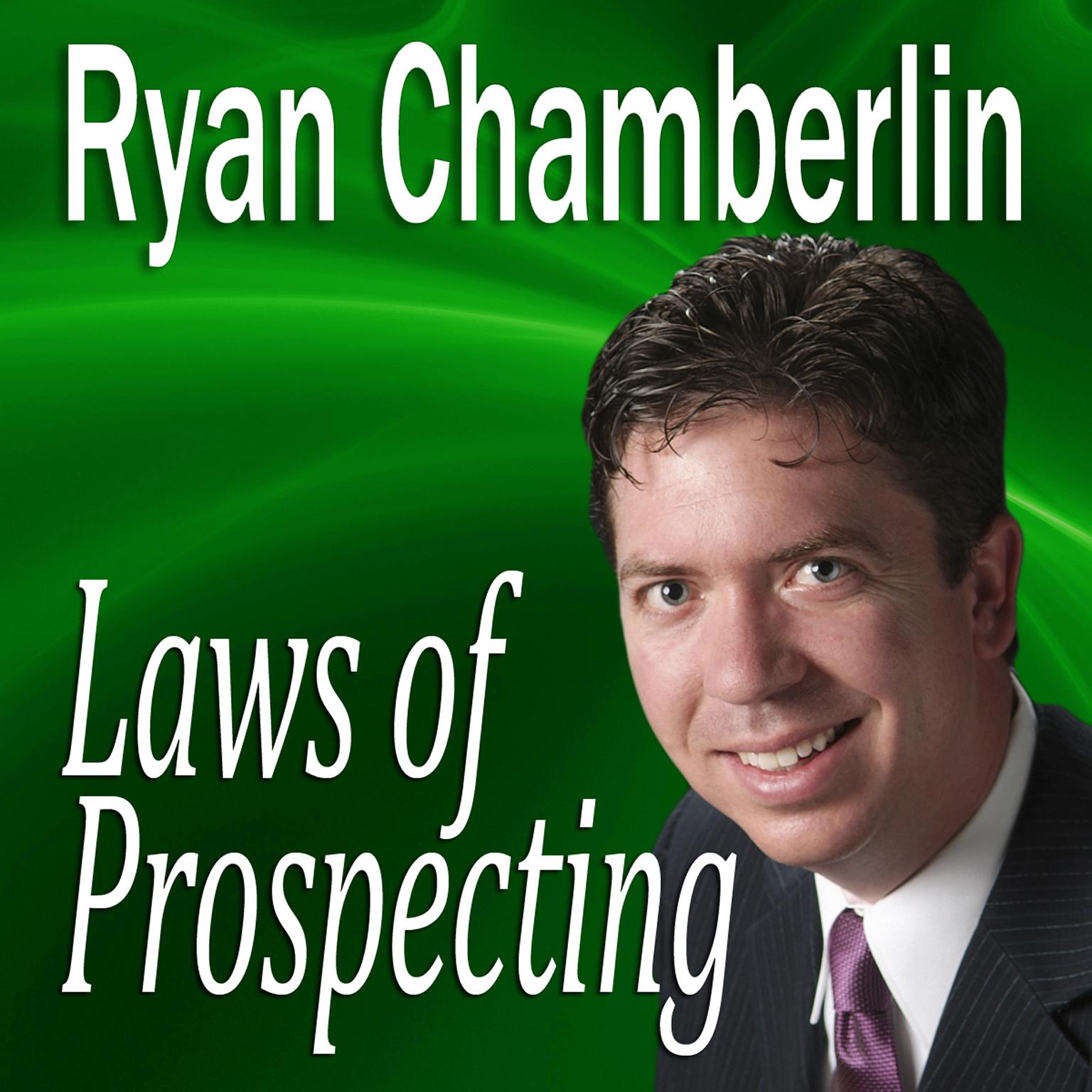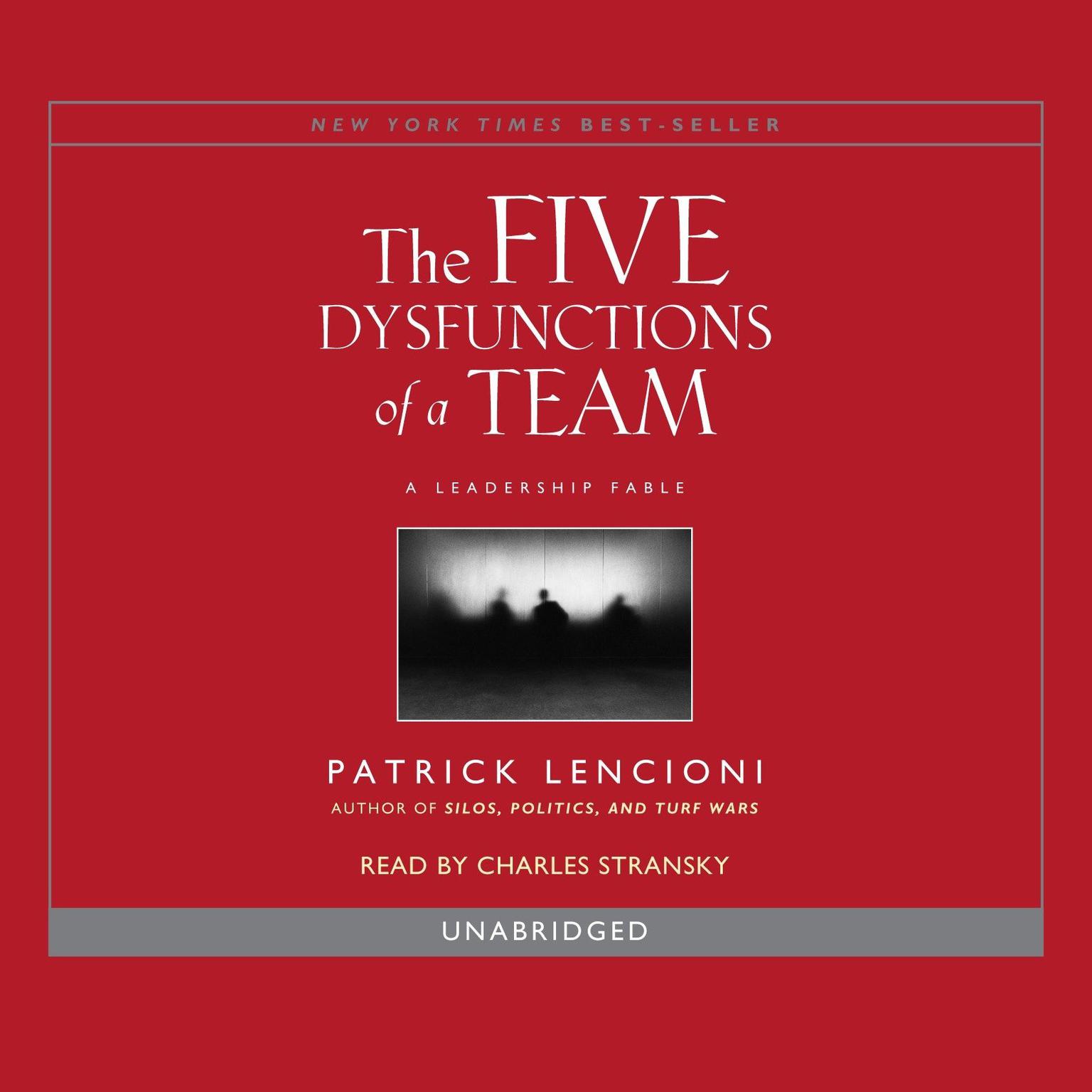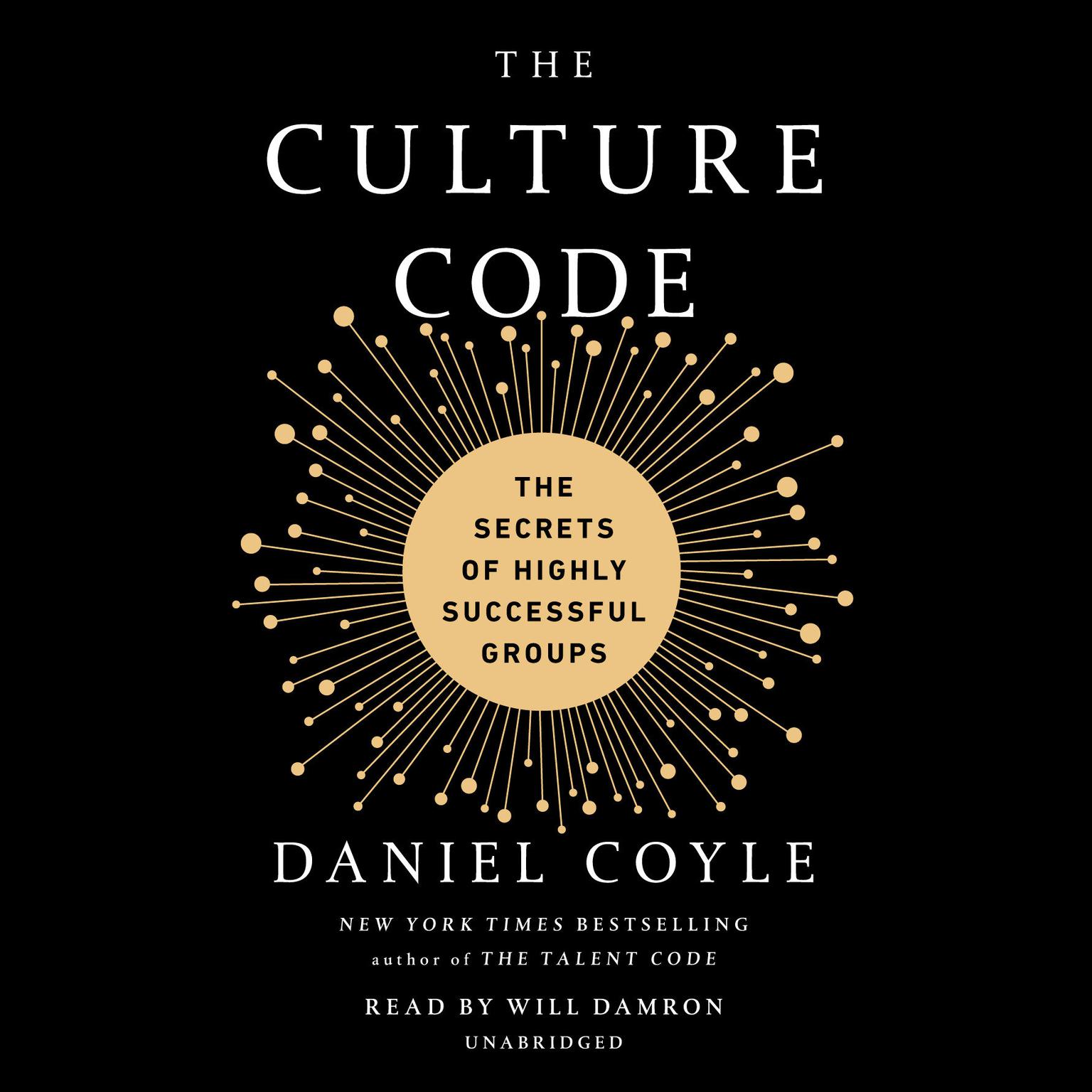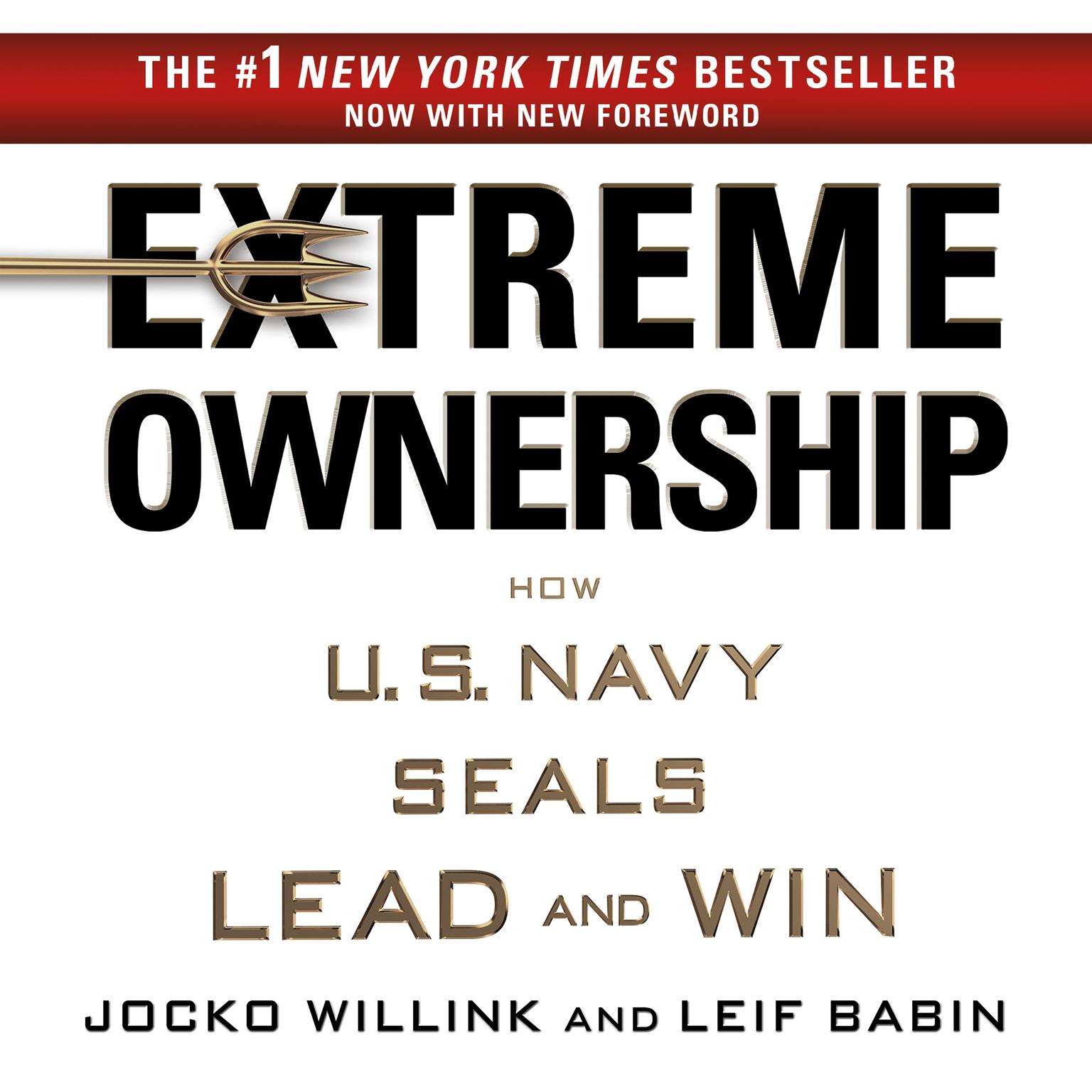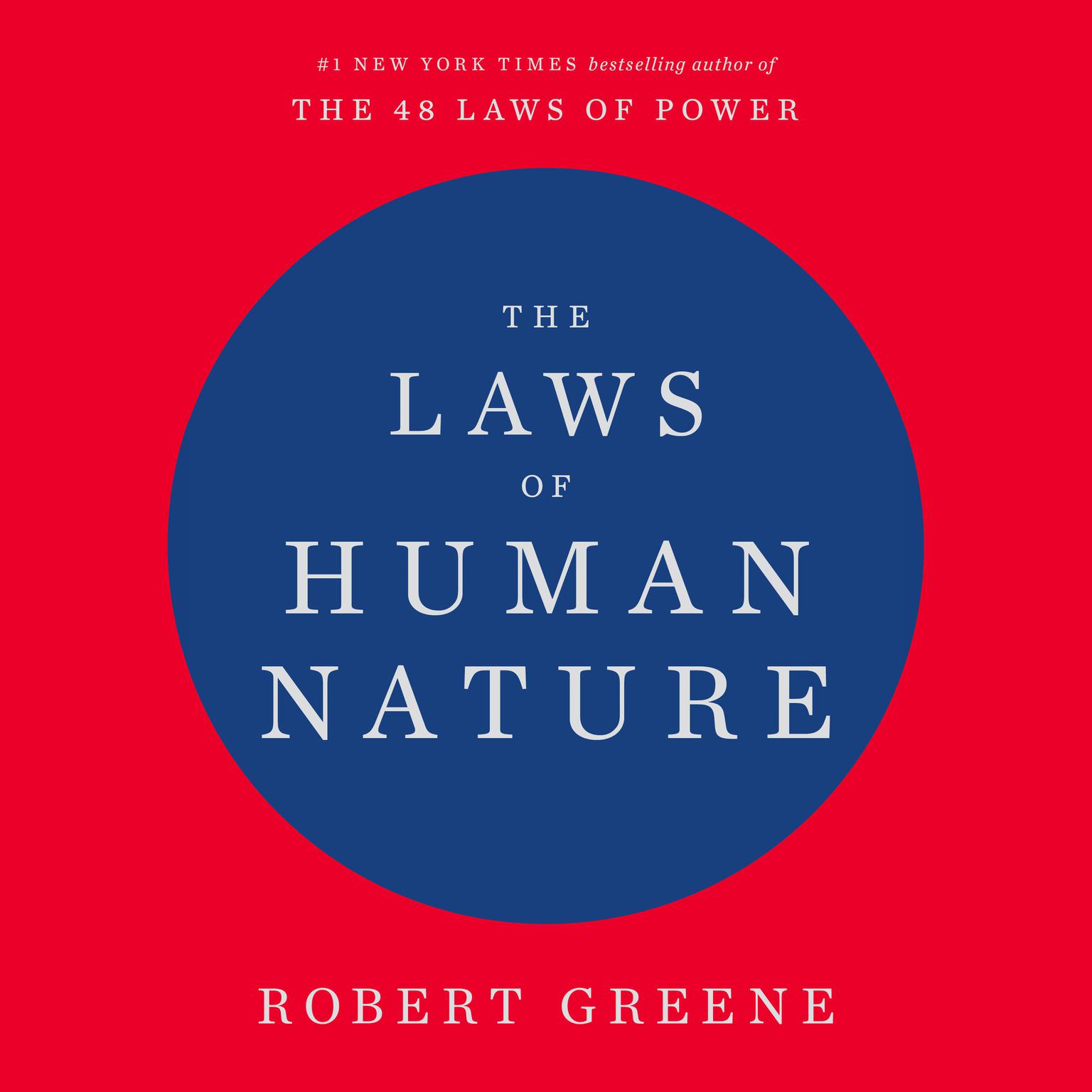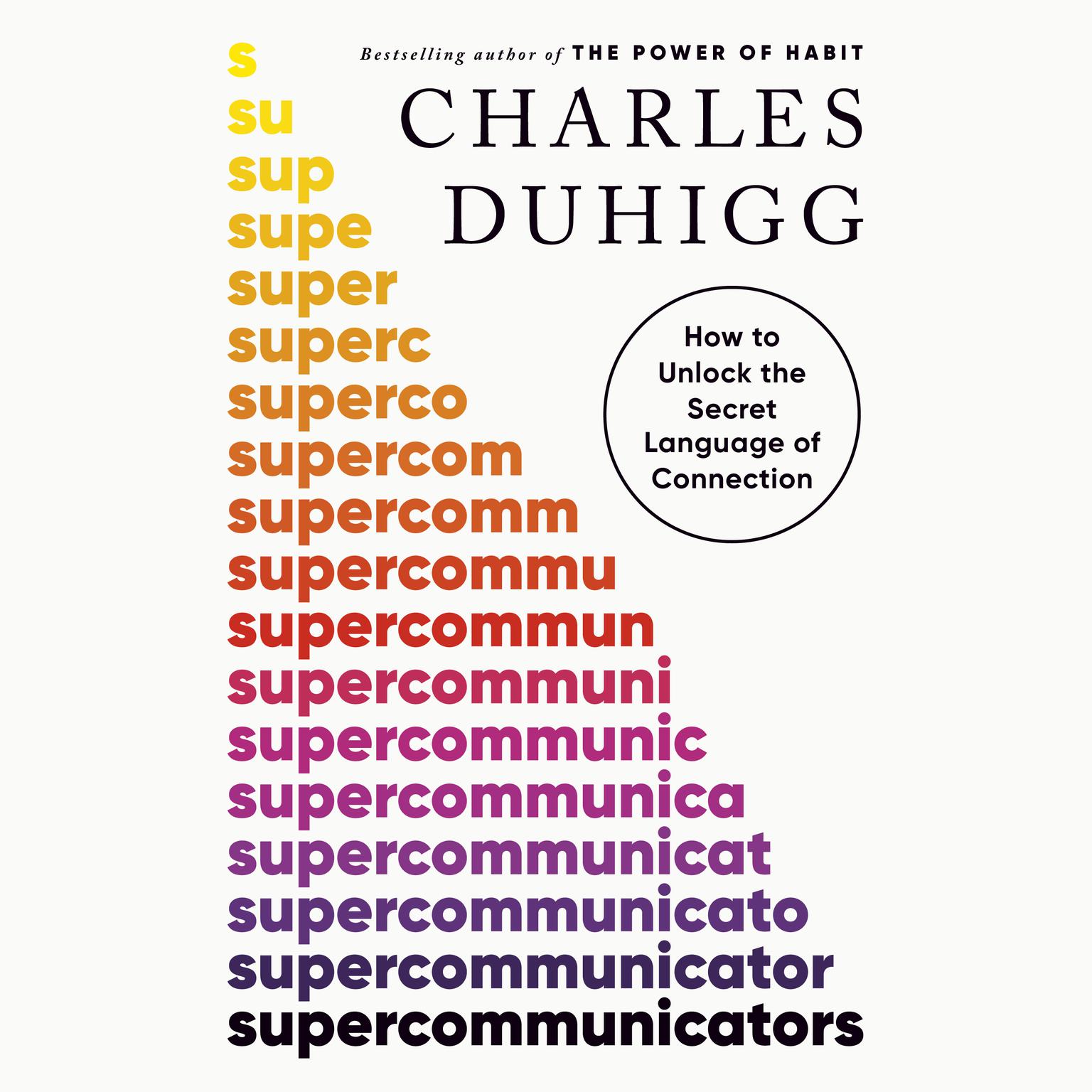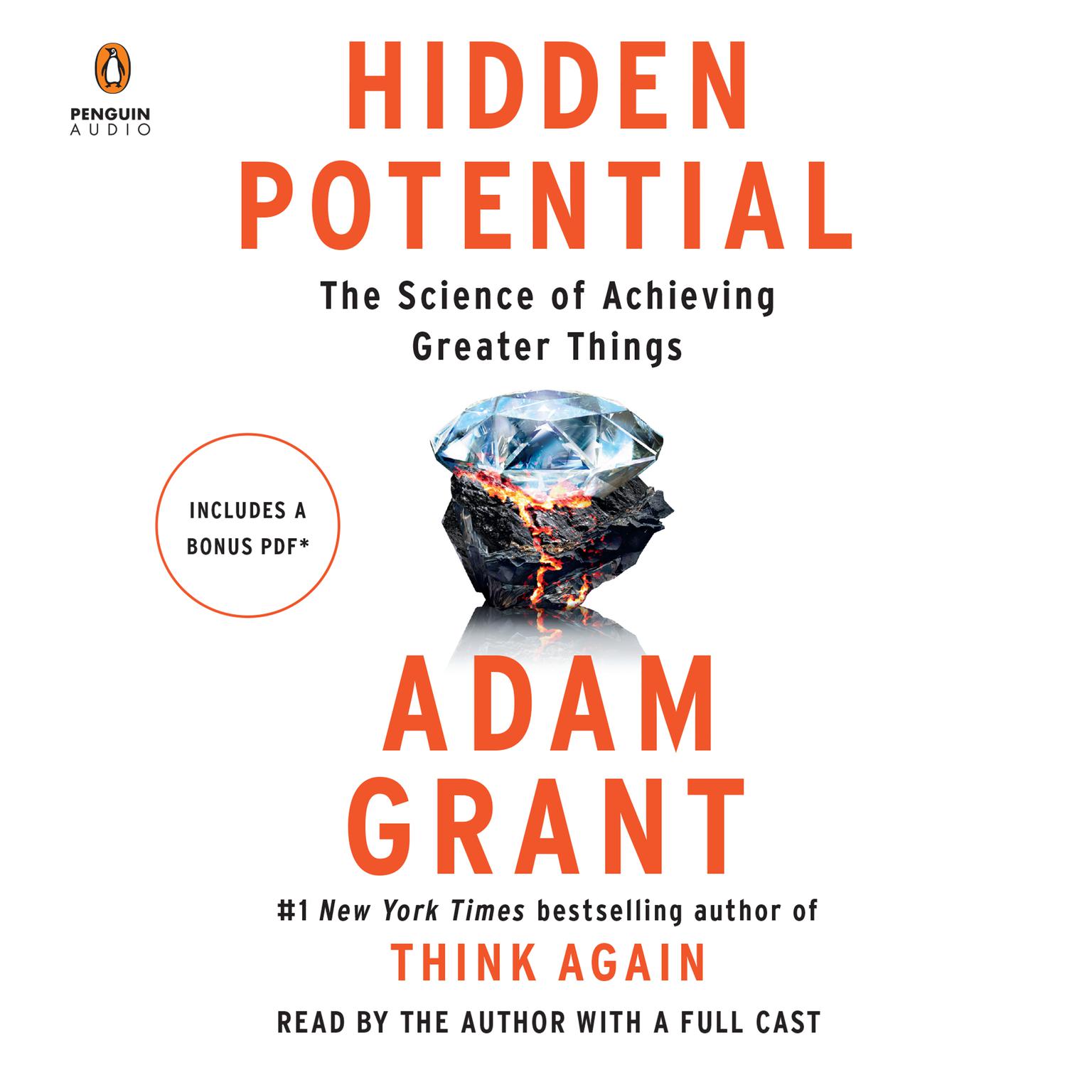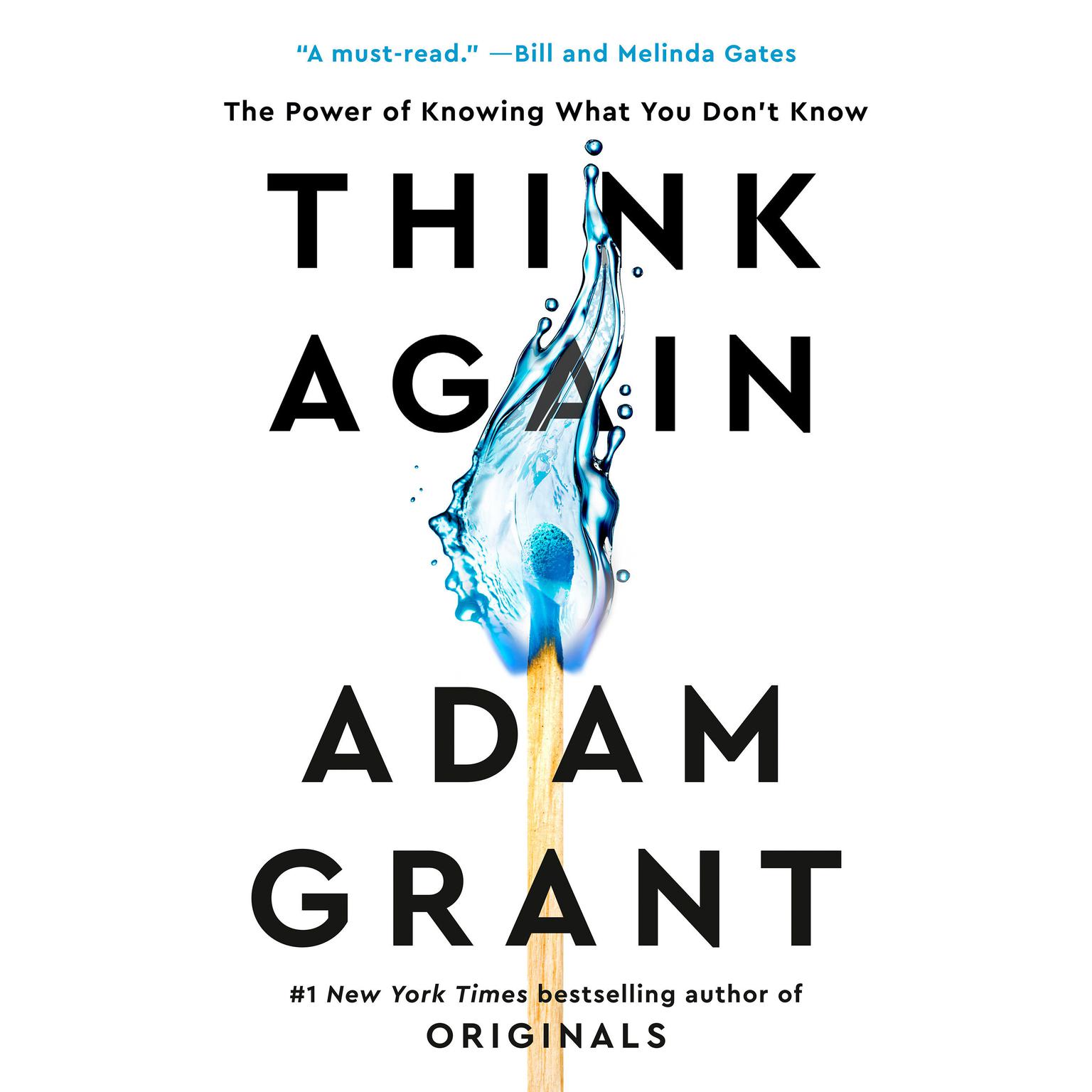Publisher Description
As the stock market crash of 1929 plunged the world into turmoil, two men emerged with competing claims on how to restore the balance to economies gone awry. John Maynard Keynes, the mercurial Cambridge economist, believed that government had a duty to spend when others would not. He met his opposite in a little-known Austrian economics professor, Friedrich Hayek, who considered attempts to intervene both pointless and potentially dangerous. The battle lines thus drawn, Keynesian economics would dominate for decades and coincide with an era of unprecedented prosperity, but conservative economists and political leaders would eventually embrace and execute Hayek’s contrary vision.
From their first face-to-face encounter to the heated arguments between their ardent disciples, Nicholas Wapshott here unearths the contemporary relevance of Keynes and Hayek, as present-day arguments over the virtues of the free market and government intervention rage with the same ferocity as they did in the 1930s.
Download and start listening now!
“After reading this book I have a completely new appreciation for the body of work of both Keynes and Hayek. I have read their work before but never realized how interconnected they really were. It is fascinating to me to see the intertwining of personal life and academic work of two of the best minds of the 20th Century. The book mixes economics with history to portray the ideas of Keynes and Hayek and how they influenced each other and modern economics. I think there was just enough economic terminology (you may want to have a little background before reading the book, but then again I am not sure why you would want to read this book if you do not know the academic work of Keynes and Hayek) in the book, and a perfect combination of such terminology with historical and biographical information. All in all, a great read for those interested in economics and its impact in policy-making. The Keynes-Hayek debate is far from over, and learning a little more about them helps me understand more about economic policy-making today.”
—
Pedro (5 out of 5 stars)

